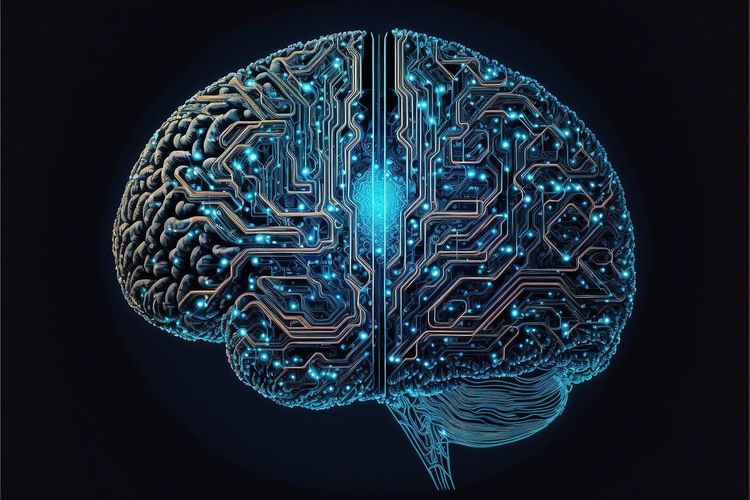Siadhal Magos and Shahriar Tajbakhsh, both former employees at Uber and Palantir, respectively, recognized a common challenge within corporate HR departments: the cumbersome nature of the interview process.
“It was clear to us that while interviews are crucial to hiring, they are also the most confusing and unreliable aspect,” Magos explained. “Moreover, many interviewers and hiring managers struggle with the tedious task of taking notes and writing feedback, often trying to dodge this responsibility.”
Seeing an opportunity for transformation without sacrificing the human touch, Magos and Tajbakhsh created Metaview, an AI-driven note-taking tool designed to assist recruiters and hiring managers by recording, analyzing, and summarizing job interviews.
“Metaview is a specialized AI note-taker tailored for the hiring process,” Magos stated. “It enables recruiters and hiring managers to concentrate on engaging with candidates, rather than getting bogged down by data collection. This efficiency not only saves significant time on note-taking but also allows interviewers to be more present and engaged during discussions.”
Metaview seamlessly integrates with various applications, phone systems, and video conferencing platforms, such as Calendly and GoodTime, to automatically capture interview content. Magos emphasized that the platform "understands the intricacies of recruiting conversations" and enriches its insights with data from sources like applicant tracking systems to pinpoint the most relevant moments.
“While services like Zoom, Microsoft Teams, and Google Meet offer built-in transcription, they serve as a generic alternative,” Magos pointed out. “In contrast, Metaview’s AI extracts information specifically pertinent to recruitment needs and aids users in managing their next steps within the recruiting process.”
The flaws in traditional job interviewing methods are well-documented, and tools like Metaview aim to address these issues. According to a piece in Psychology Today, the human brain is inherently fraught with biases that can cloud judgment and lead to poor decision-making—such as an overreliance on initial information and a propensity to favor evidence that supports existing beliefs.
However, the effectiveness of Metaview, especially for all users, remains open to question. Even advanced AI speech recognition systems face their own biases. A Stanford study revealed that error rates for Black individuals using speech-to-text services from major tech companies are nearly double those experienced by white speakers. Recent research published in Computer Speech and Language also highlighted significant discrepancies in recognition efficacy among different genders, ages, and accents.
Additionally, the phenomenon of AI “hallucination” poses a concern. AI can err during summarization, as highlighted in a recent Wall Street Journal article detailing an instance where Microsoft’s AI Copilot inaccurately invented meeting attendees and fabricated discussion topics.
When inquired about Metaview’s methods for mitigating bias and algorithmic discrepancies, Magos mentioned that its diverse training data ideally equips the models to "surpass human performance" in recruitment tasks and to excel in commonly used bias benchmarks.
I remain cautious about Metaview’s approach to managing speech data. Magos indicated that Metaview retains conversation data for two years by default, unless deletion is requested—a timeline that appears quite lengthy.
However, these concerns have not hindered Metaview from gaining funding and clients. This month, Metaview secured $7 million from investors including Plural, Coelius Capital, and Vertex Ventures, raising the total funding to $14 million. The London-based startup currently serves 500 companies, including notable names like Brex, Quora, Pleo, and Improbable, and has experienced a remarkable 2,000% year-over-year growth.
“The funds will primarily support the expansion of our product and engineering teams, as well as enhance our sales and marketing strategies,” Magos shared. “We plan to triple our product and engineering staff, refine our conversation synthesis engine to automatically identify essential information, and develop tools to proactively identify issues such as inconsistencies in the interview process and candidates losing interest.”







